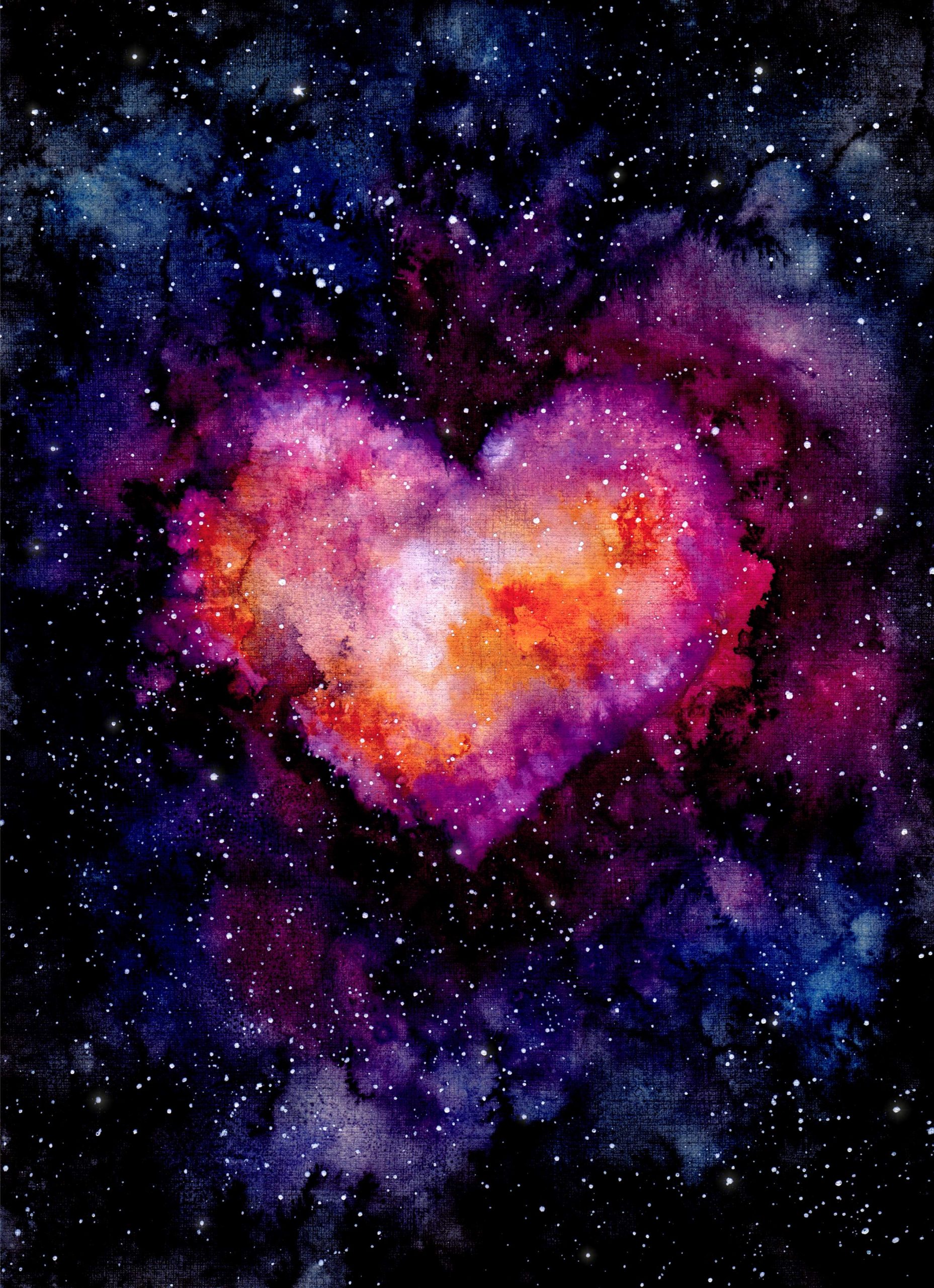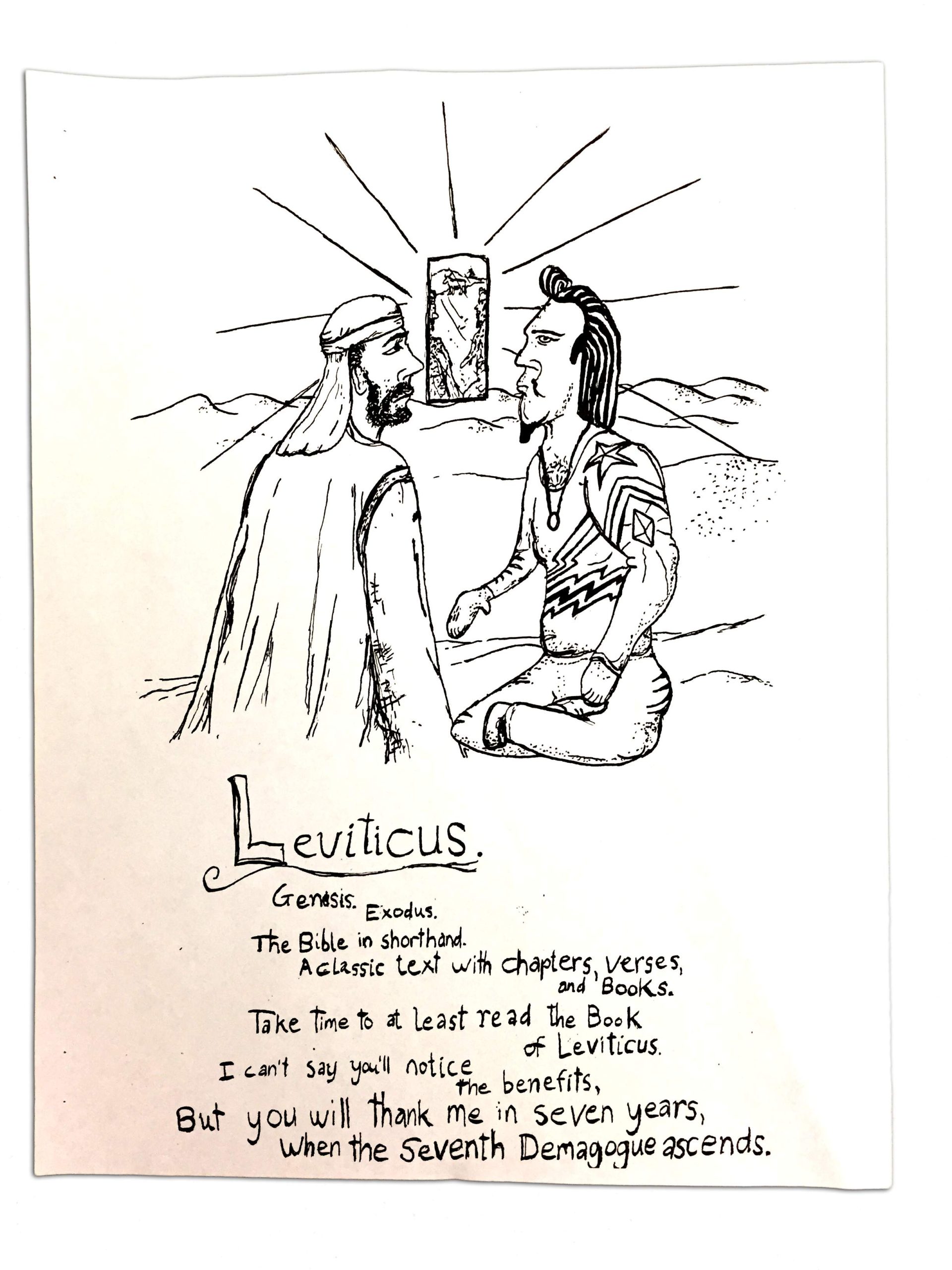Black hair is as much an art form as it is an essential part of African American identity. On April 15, Fort Lewis College Black Student Union held a hair show to discuss the historical and cultural meaning of what black hair represents.
“Hair is a piece of culture that isn’t necessarily always talked about,” said Kaidee Akullo, president of the FLC Black Student Union. “We wanted to (create a platform) in which people could share their own personal journeys to combat stereotypes and combat adversity.”
The event started with a short film, “Braided: An American Hair Story,” which discusses black hair as a source of identity. Black women have been historically shamed and demeaned for their braids, locs, and twists in America. It wasn’t until Bo Derek made her debut in the 1979 film, “10,” that braids became stylish in the mainstream. Salons were even promoting “Bo braids” services. A parallel example exists today with “boxer braids.” They are the exact same thing as cornrows, but the term was taken from women fighters in the UFC, who wear their hair tied back for practical reasons.
The frustration with appropriation (aside from Katy Perry’s cringe-worthy and audibly offensive “This is How We Do” video, Madonna’s tremble-inducing grill, and obnoxious-AF Kardashians wearing braids) is the lack of acknowledgment of the culture they are stealing from. Black women are connected to their hair in the same way other cultures are linked to their art, food, or music. That connection can often begin with early memories of sitting between their mothers’ knees as their hair was tied back so tight it hurt to smile. So, when European beauty standards encourage black women to reject their natural beauty while white women became trendsetters for trends they did not set, it’s easy to understand the exasperation displayed by African American women. Changing the names of African styles to “Bo braids,” or “boxer braids,” further allows people to ignore the reality of where these looks really came from.
This is why Akullo said that hair is a form of liberation. Taking control of something that has been harshly criticized and degraded is empowering for Black women, even though they still face discrimination when they choose to embody their cultural looks.
Akullo cited a recent example of two young Black girls who spent a week in detention and were kicked off their sports teams for wearing braids because it was against the school’s dress code. The women at the FLC event discussed their own daily struggles – some funny, some not – with their hair.
They discussed the lack of salons and products available to them in Durango. One woman joked about the three measly shelves with useful products she calls a DIY section at Sally Beauty. There is no one in town who knows how to style black hair. The most qualified person she was able to find was a white woman, “Shelly,” who she gave kudos to for being from Detroit and previously having black clients. One attendee said her parents always encourage her to embrace her natural beauty and her blackness, but when she was a teenageer she begged her parents for relaxer anyway. An FLC student and employee said people often ask her, “Where are you from? No, where are you REALLY from?” because they are incredulous that a black woman can have straight hair.
The topic switched from hair, to their experiences with microaggressions, to outright racist encounters they’ve faced in our progressive mountain town. One woman was at a stalemate with a grocery store clerk who refused to believe she could afford her groceries. She said the clerk told her they didn’t take food stamps when she had a perfectly fine Chase debit card. Fort Lewis College, which claims to celebrate diversity, did not acknowledge Black History Month and has continued to buck requests for school officials to address the offensive oversight. A masked asshole yelled the N-word at one woman who attended a party on Halloween. One mother’s twin boys were suspended from the first grade (6 years old!) for three days for being too rambunctious. (The example mirrors a recent report by the U.S. Government Accountability Office that revealed large disparities in school discipline based on race.)
This type of disrespect is coming from the same group of people who are borrowing African American style. Nobody is saying wearing your hair in braids is off limits solely because it belongs to Black culture, but to give credit where credit is due. This idea was packaged nicely by “Hunger Games” star Amandla Stenberg, who made a YouTube video in 2015 on black hair history 101. She concludes by saying, “What would America be like if it loved Black people as much as it loves Black culture?”
Until that happens, Black women continue to own the complex history of their beautiful, versatile hair in style.
“Hair is about pride, personal expression, and liberation because it is something you always carry with you,” Akullo said.













